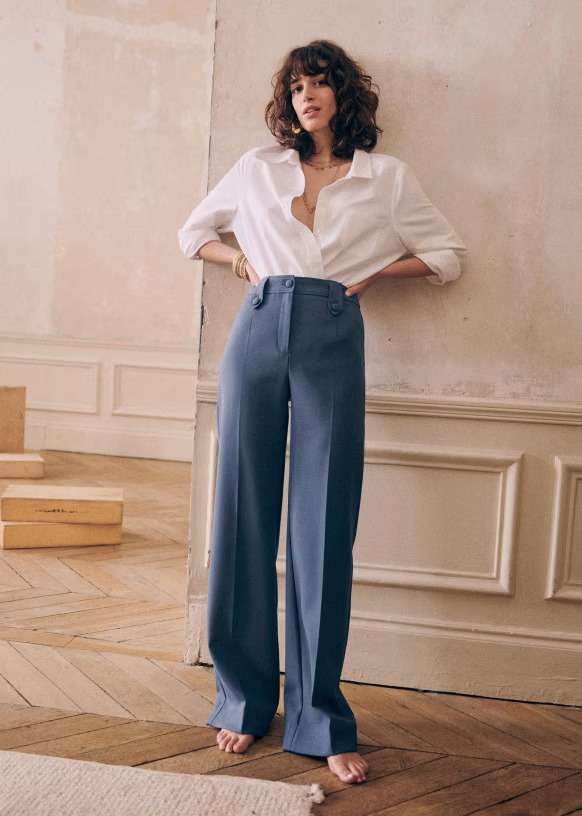Ethically crafted and built from organic and deadstock materials, sustainable fashion brands are turning the fashion industry on its head.
More than 1.1 million tons of clothing are purchased every year causing annual greenhouse gas emissions from the apparel industry to reach 1.2 billion tons. Half of all textiles made are some form of polyester, one of the most harmful materials — that’s due in large part to the colossal emissions from the petrochemicals industry where polyester originates from.
As these statistics are coming to light in the wake of the climate crisis, all eyes are turning toward reinventing the fashion industry to reduce its global carbon footprint. A growing number of brands have pledged to do better, especially in the luxury space. Leaders like Louis Vuitton, Gucci, Dior, and Burberry have all launched sustainable collections, materials, and commitments to improve their supply chains. But not everything being produced by these luxury behemoths is sustainable from start to finish. For a guesswork-free wardrobe, look to sustainable fashion brands that are committed to upcycled, recycled, organic, and deadstock materials from start to finish.
Sustainable fashion brands using deadstock and organic textiles
Whether you are shopping for the perfect summer dress or a timeless blazer, these brands have everything you could need to build your perfect sustainable wardrobe.
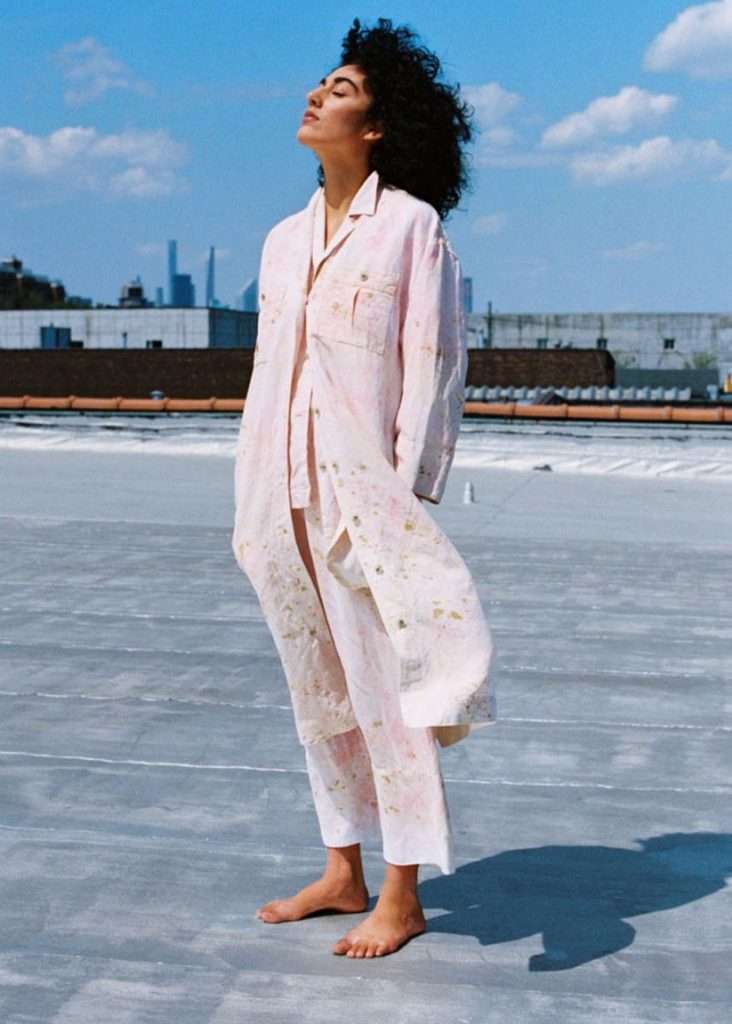
1. Mara Hoffman
Mara Hoffman founded her namesake label in 2000 after completing her schooling at Parsons in NYC. Fifteen years later, in 2015, the label committed to implementing sustainable practices across its supply chain.
Since then it has become a well-loved sustainable brand known for bold prints and flowy dresses. It continues to use the best sustainable fabrics and ethical practices to craft high-quality collections.
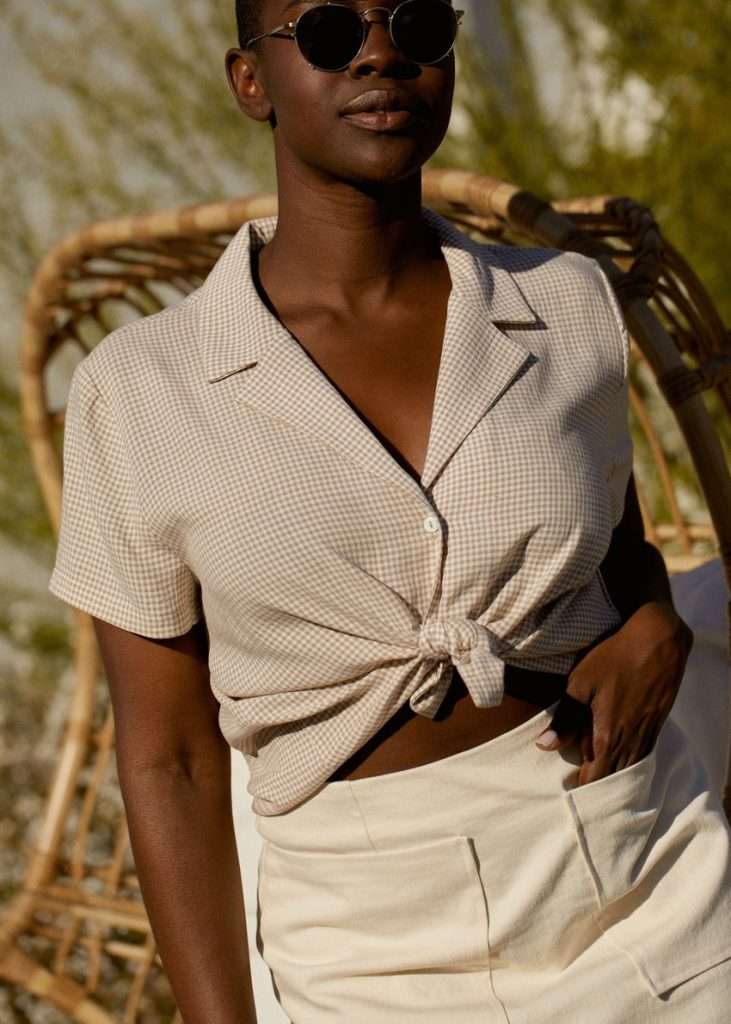
2. Whimsy & Row
Whimsy & Row crafts collections in small run batches to reduce over-production. Each piece is handcrafted ethically in Los Angeles. The company’s HQ is just miles away allowing for the team to regularly visit the factories to ensure fair wages and treatment for the staff.
The company is also dedicated to using locally sourced, upcycled, and low-impact materials for all garments. The team pays close attention to quality so each piece lasts years. The easy yet flirty items are effortlessly chic.

3. Vitamin A
Vitamin A founder, Amahila, set out to design a fabric herself working with top mills in Italy, Canada, and California to create EcoLux, which is the first premium swim fabric made from recycled nylon. All of Vitamin A’s materials are certified to meet the global Oeko-Tex standard for safe textiles and now also include organic cotton, linen, and Tencel.
Through a partnership with 1% For the Planet, a portion of each sale goes to help protect our oceans. The sleek swimsuits and beachwear are go-to’s for the perfect summer wardrobe.
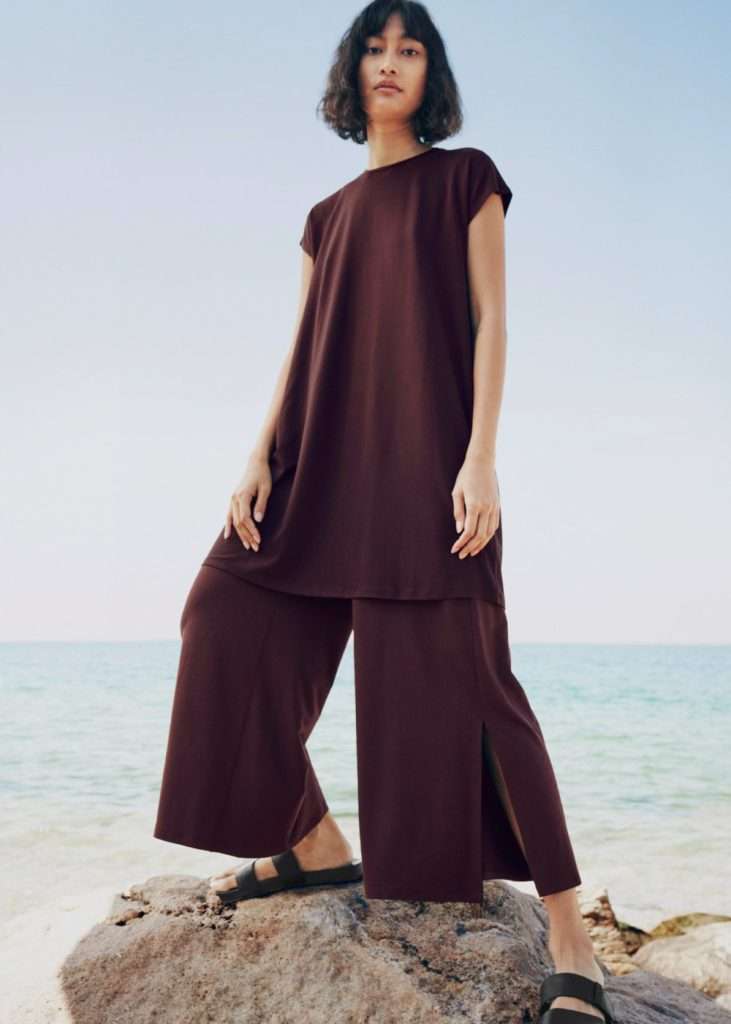
4. Eileen Fisher
The queen of laid-back style, Eileen Fisher is ethical and timeless. The well-made clothing is designed to be worn together in part of a responsible wardrobe lifecycle. The brand continually pushes itself to exceed its sustainability targets aligning with B Corp requirements as well as its own VISION2020 goals.
In 2009 it started a take-back program, entitled Renew, to give clothing a new life. It also partnered with Waste No More to establish a circular system to upend the conventional cycle of consumerism. To date, it has taken back 1.4 million pieces of clothing and turned them into entirely new designs.
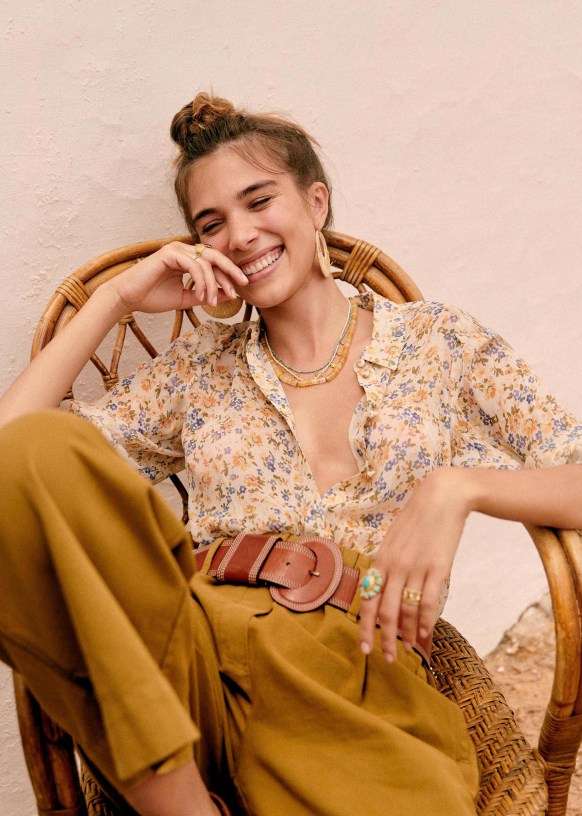
5. Sézane
Sustainable Parisian chic built off of a love for vintage clothing. Founder Morganne Sézalory discovered an abandoned collection of vintage items in a suitcase, which she slightly altered and resold to her friends. Her monthly drops were a hit and in 2013 she set out to create her own designs as well.
Sézane is dedicated to increasing its range of eco-friendly materials and over half of its garments are certified. The company’s clothing upcycling has given a new life to over 13,000 garments saving them from landfills in the process. It has also donated more than €4 million to help charitable organizations and thousands of children.
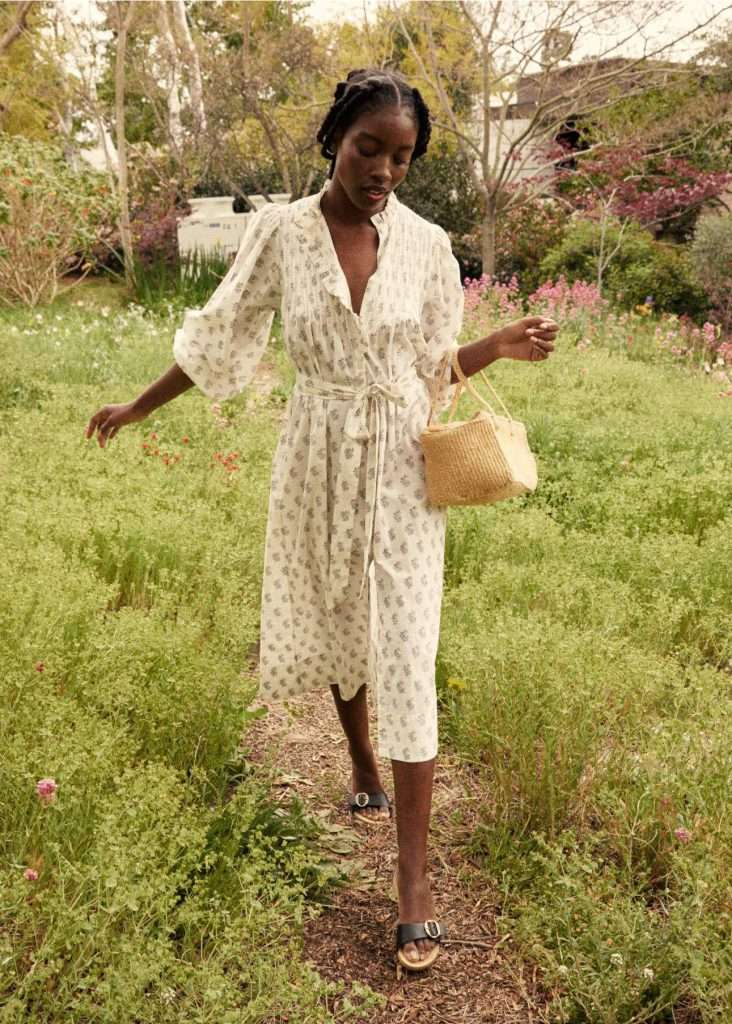
6. Doen
Home of boho-chic, Doen was founded by sisters Margaret and Kathrine Kleveland in 2015. Driven by their experiences in the apparel industry they were inspired to build a female-led fashion brand. What started as a collective of creative LA-based women aiming to support women-identifying individuals in the workforce.
The whimsical garments are inspired by California and its desire to make elevated yet wearable pieces for everyone. The brand is very meticulous when selecting factories, partnering with manufacturers that share their company values, and supporting women’s empowerment in the workplace.
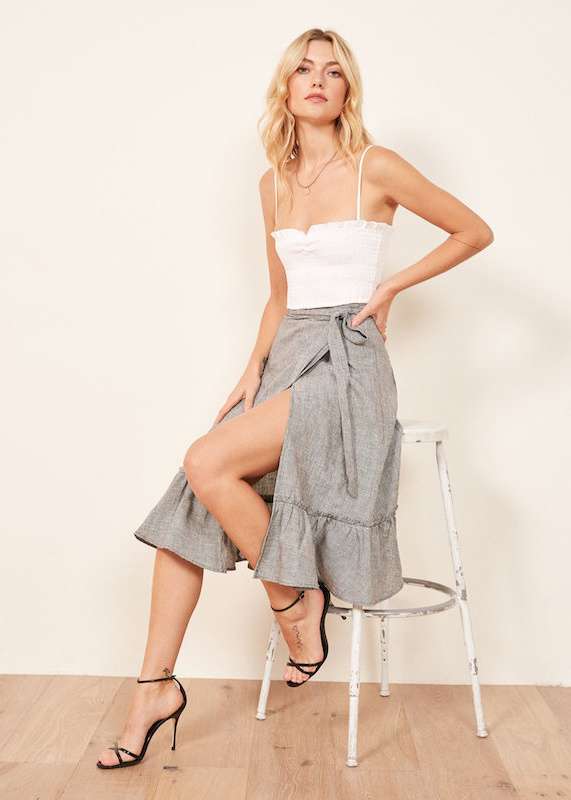
7. Reformation
Cult-favorite Reformation also began by selling vintage clothing out of a Los Angeles storefront in 2009. The brand quickly expanded to designing its own delightful garments with a focus on sustainability and celebrating the feminine figure.
The brand releases small perfectly crafted items frequently, using deadstock fabrics to create their pieces. Each garment is ethically sewn in the Reformation-owned and operated factory in Los Angeles.
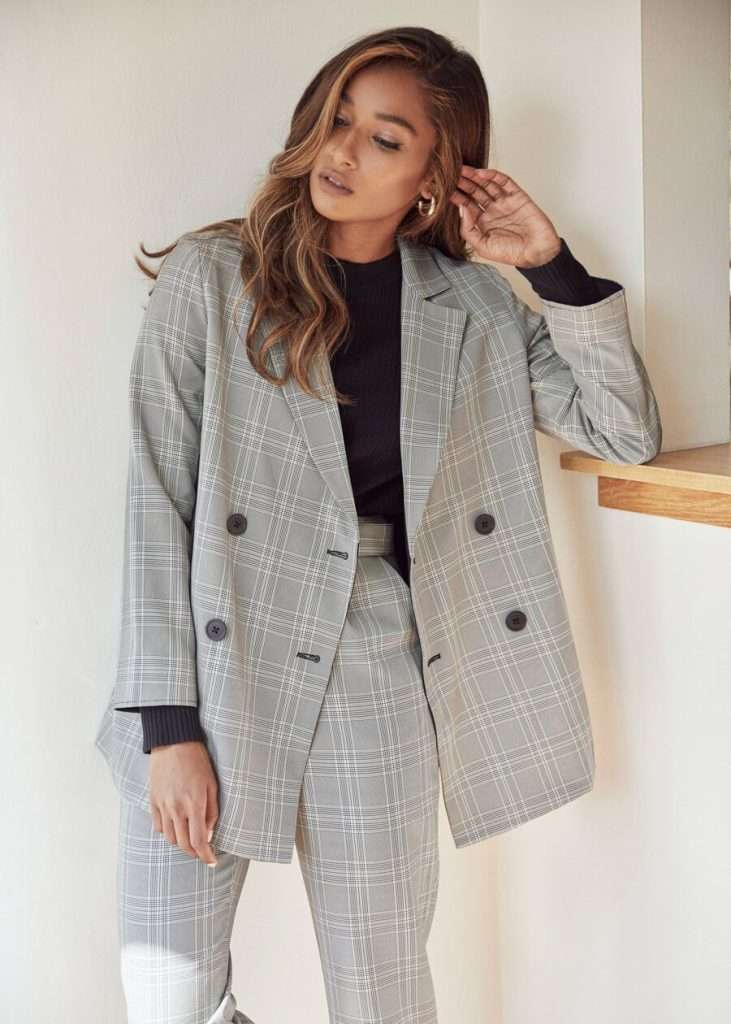
8. Vetta
If a perfectly curated capsule wardrobe is what you are looking for, head straight to Vetta. These mini capsules are made up of five versatile pieces that can be easily mixed and matched to create 30 days of outfits. You can shop their crafted collections or individual pieces.
All of the woven garments are sewn in a family-run factory in NYC, where some employees have worked for over 30 years. The knits are created in an LA factory that gets 70 percent of its energy from solar power. The brand primarily uses Tencel, organic cotton, and deadstock fabrics for its designs.
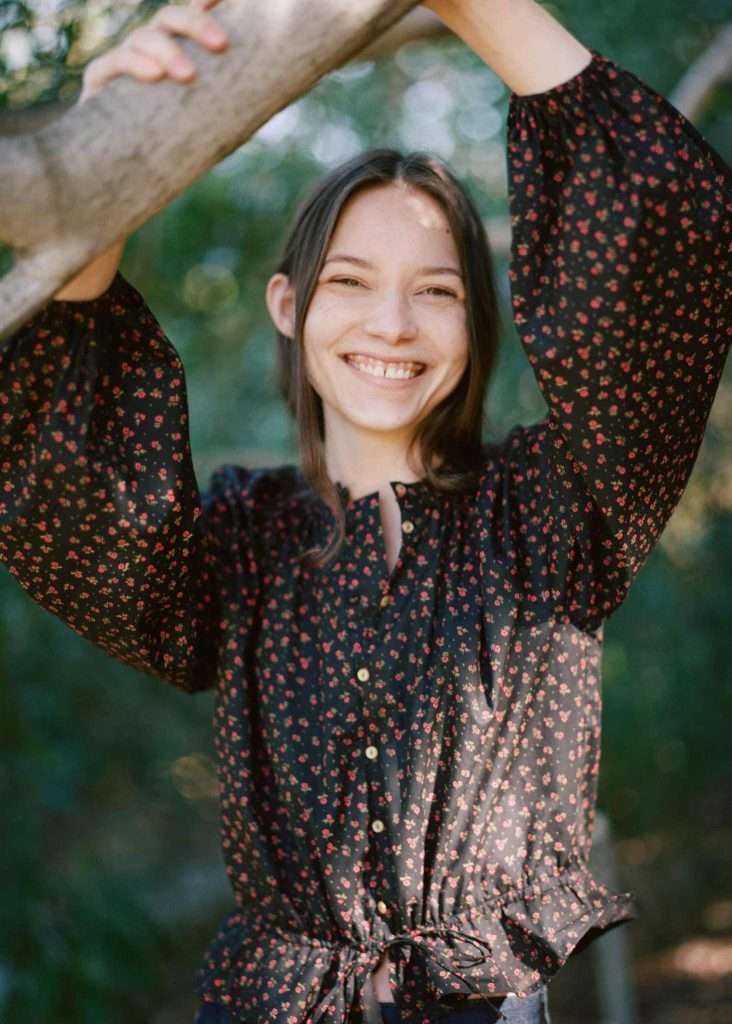
9. Christy Dawn
Christy Dawn is committed to sustainable practices that protect Mother Earth and all her beings. The aim is to live and work in harmony with nature through the entire design process. The brand built its foundation on saving deadstock fabrics from becoming waste, and instead, turning them into beautiful, lust-worthy dresses.
Since its inception, the brand has also developed what it calls a Farm-to-Closet approach for its grown textiles. It began as a radical experiment and conscious effort to deepen intimacy with the soil and farmers. The brand cultivated 24 depleted acres in India with the help of farmers and artisans to replenish the soil and increase biodiversity.
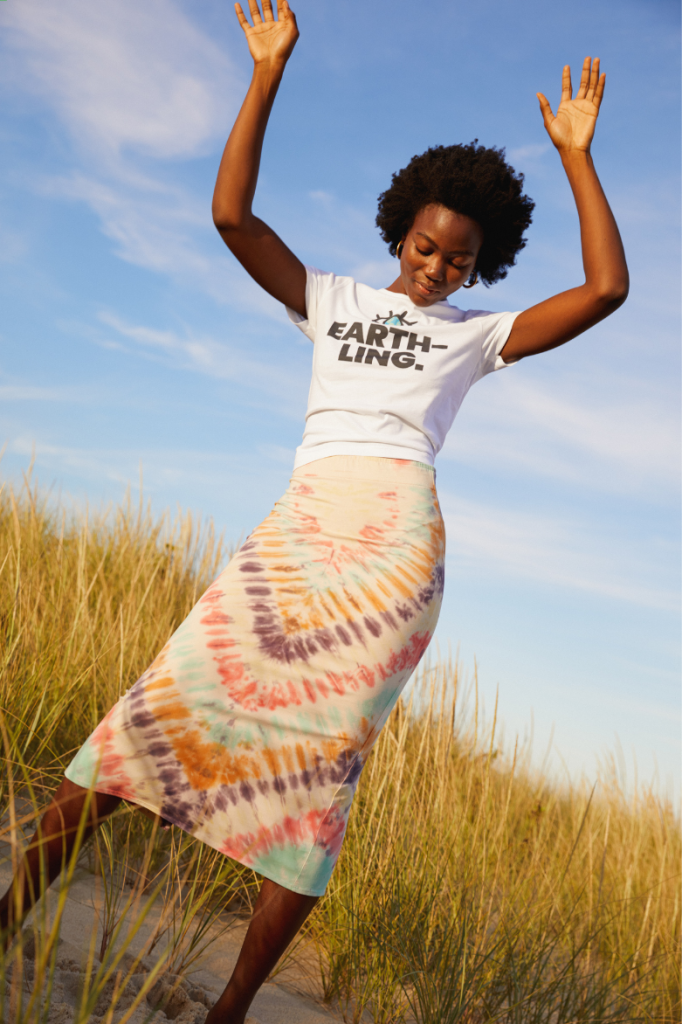
10. YesAnd
Founded by eco-lifestyle entrepreneur, Marci Zaroff, YesAnd is her vision to show that women can be both treehuggers and fashionistas. This is just one of the many incredible manifestations of Zaroff’s vision to change the world through sustainable businesses. Her clothing ranges from tie-dyed sweatshirt dresses to the chicest pajama sets.
Related on Ethos:
All products featured on Ethos have been independently selected by our editorial team.
When you buy something through our links, Ethos may earn an affiliate commission.

